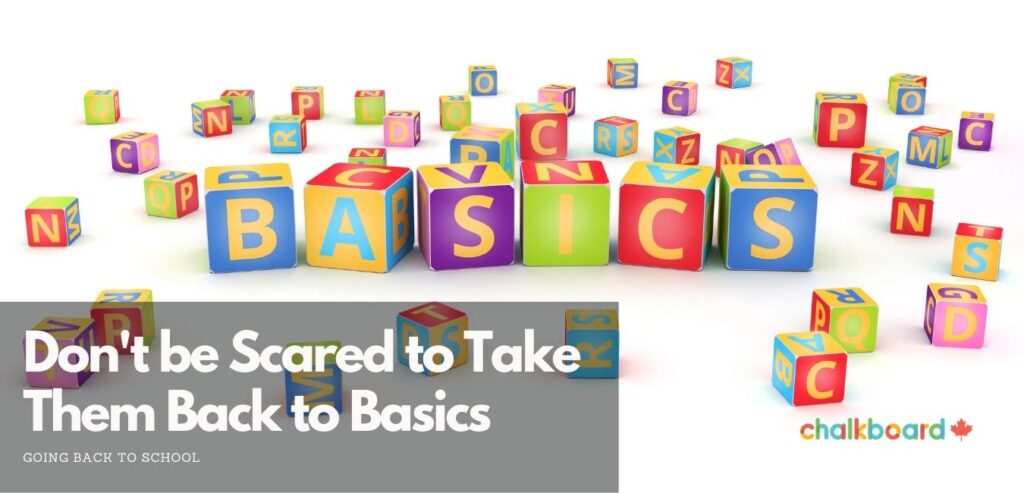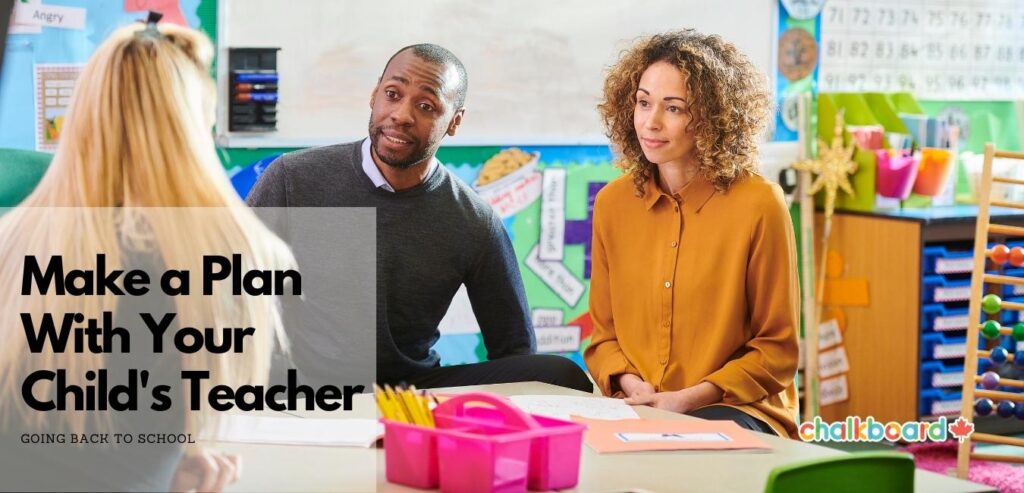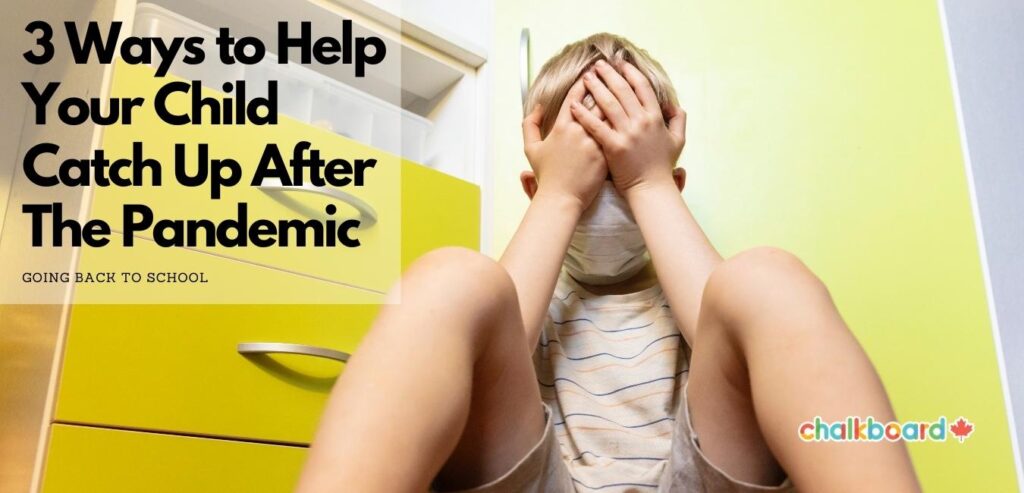Is your child ready to go back to school after the pandemic? Many parents have noticed their children need to catch up due to time missed at school. Sure, many children had online learning options, but let’s face it, our kids are going to be behind. Schools were not prepared for a world pandemic, and neither were you.
Being thrown into becoming your child’s teacher at home is really stressful. What’s more, unplanned school closures can have an impact on more than just the academic side of your child’s learning.

You may have had a teacher try to guide your child through the learning process at home, but that teacher has never been in a pandemic either. They probably had never taught online or dealt with the growing number of learning levels that come with online schooling.
What does this all mean for your child, and how can you help them catch up at school?
Let’s go through it one step at a time.

What Are Studies Telling us About Effects of The Pandemic on Children’s Education?
There have never been studies on learning and education disruptions of this magnitude or nature. But there have been a lot of studies done on school closings because of natural disasters and other important events.
What do we know?
We know that past studies on unplanned school closures have pointed to 3 central themes:
- School Leadership
School leadership is critical to coping with a crisis in a community. Studies have shown that local knowledge of school leaders has been vital in dealing with crises and crisis recovery. - Curricular FOCI (Forum On Curricular Issues)
The Harvard Education Review pointed out in a 2005 study that restrictive testing regimes after Hurricane Katrina did not aid students in catching up on missed school and learning gaps. In other words, curriculums may need to be revised and adjusted for students impacted by the pandemic. - Mental Health and Care
Many studies emphasised the importance of the school community’s overall mental health. It was also clear how important good school leadership and mental health support are for students and teachers.
So, How Can You Help Your Child to Catch Up on Missed School at Home?

1. Do Your Own Grade Assessment
There are resources available online to parents interested in assessing their child’s learning gaps.
What is a Learning Gap?
A learning gap occurs when there is a difference between what a child is actually learning and what they are expected to already know at particular ages and levels.
IMPORTANT: Please don’t panic if your child is not where they are expected to be. This is a widespread occurrence even without a pandemic! What is essential is to know how big the gap is.
As a parent, you have probably been unaware of when your child has had some learning gaps at school. They are very common and do not usually reflect your child’s abilities. However, they can indicate a student has missed learning something or not understood what has been taught. Teachers often find learning gaps in midterm tests. That is why children are given them. This allows the teacher to try and revisit the topic or lesson and help students revise before the end of the term.
Here is something you should know about a teacher’s ability to help your child fill gaps:
If only a few students have gaps in the same area, the teacher will likely not have the time or resources to revisit the topic. Suppose it is a common issue among students. In that case, it is easier for your child’s teacher to create time for a lesson where more children will benefit from what is being taught.
This is where online grade assessments can be extremely valuable to parents.
Once you have found the correct assessment for your child, let them work through it gently with you to identify what they need help with and what they can do independently. If your child struggles to answer questions or write adequate answers, they need revision work on this topic or area.
Tip: Don’t emphasise that you are testing your child. Tell them to answer things slowly and that it is okay if they don’t know an answer.


2. Don’t Be Scared to go Back to Basics
Have you noticed that when you are trying to help your child, it is hard to remember what method was taught to you in school? It can be a bit embarrassing to find yourself Googling the definition of an adjective or how to use a number line. Kids are exactly the same!
Many parents and some children feel uncomfortable revisiting the basic building blocks of learning. In reality, much of what we learn as children becomes automatic. We forget the methodology behind how we know how to use it.
Your child has the tricky task of proving they understand how they came to an answer or understand what they are doing and why. Without revision and, in some cases, practice, your child will often forget things they have previously learned, mainly when they haven’t used these skills for a while.
So, there is no shame in taking your child back to the beginning of a method or concept. Likewise, there is nothing wrong with finding other resources to help your child outside of what is sent home from school.
Try Some of These FREE Learning Resources at Home:

3. Talk to Your Child’s Teacher and Make a Plan Together
The way you communicate with your child’s teacher is essential. You can successfully work with your child’s teacher, or you can unintentionally put stress on them and weigh them down. School teachers will be under a lot of pressure from school management to help children catch up now that they are opening.
When you speak to your child’s teacher, try to show them that you are interested in helping them with this enormous task. Ask them what you can do at home to help your child, share your findings from assessments taken at home and request that they share any gaps they find. Explain that you are prepared to find extra resources and are not there to add more work to their plate.

Final Thoughts
Remember, we are all sailing uncharted waters. Our children will need our patience, love and understanding when going back to school. Give your child a chance to settle back into school life and make time to talk to them about how they are feeling about school and any unexpected changes.

